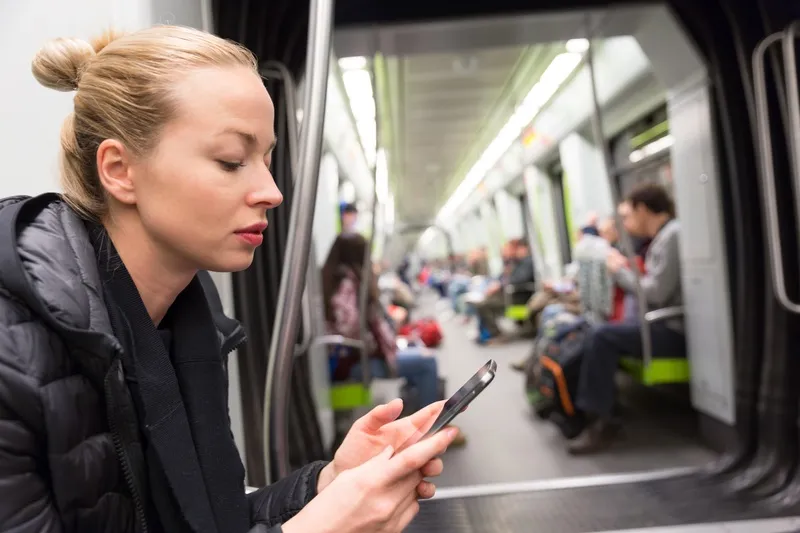Getaround claims its new carsharing service will alleviate congestion in Seattle – and help low wage earners to make more money by becoming renters. The shared cars will be equipped with Getaround Connect – a proprietary technology that allows users to locate and unlock the car with an iPhone or Android app. The system will enable citizens to share vehicles without needing to co-ordinate picking up car keys. Getaround plans to expand its current fleet of 50 cars in the city. The service does not require
May 31, 2018
Read time: 1 min
The shared cars will be equipped with Getaround Connect – a proprietary technology that allows users to locate and unlock the car with an iPhone or Android app. The system will enable citizens to share vehicles without needing to co-ordinate picking up car keys.
Getaround plans to expand its current fleet of 50 cars in the city. The service does not require sign-up fees, annual dues or access cards – to help make it easier for residents to subscribe as owners or renters, the company says.










